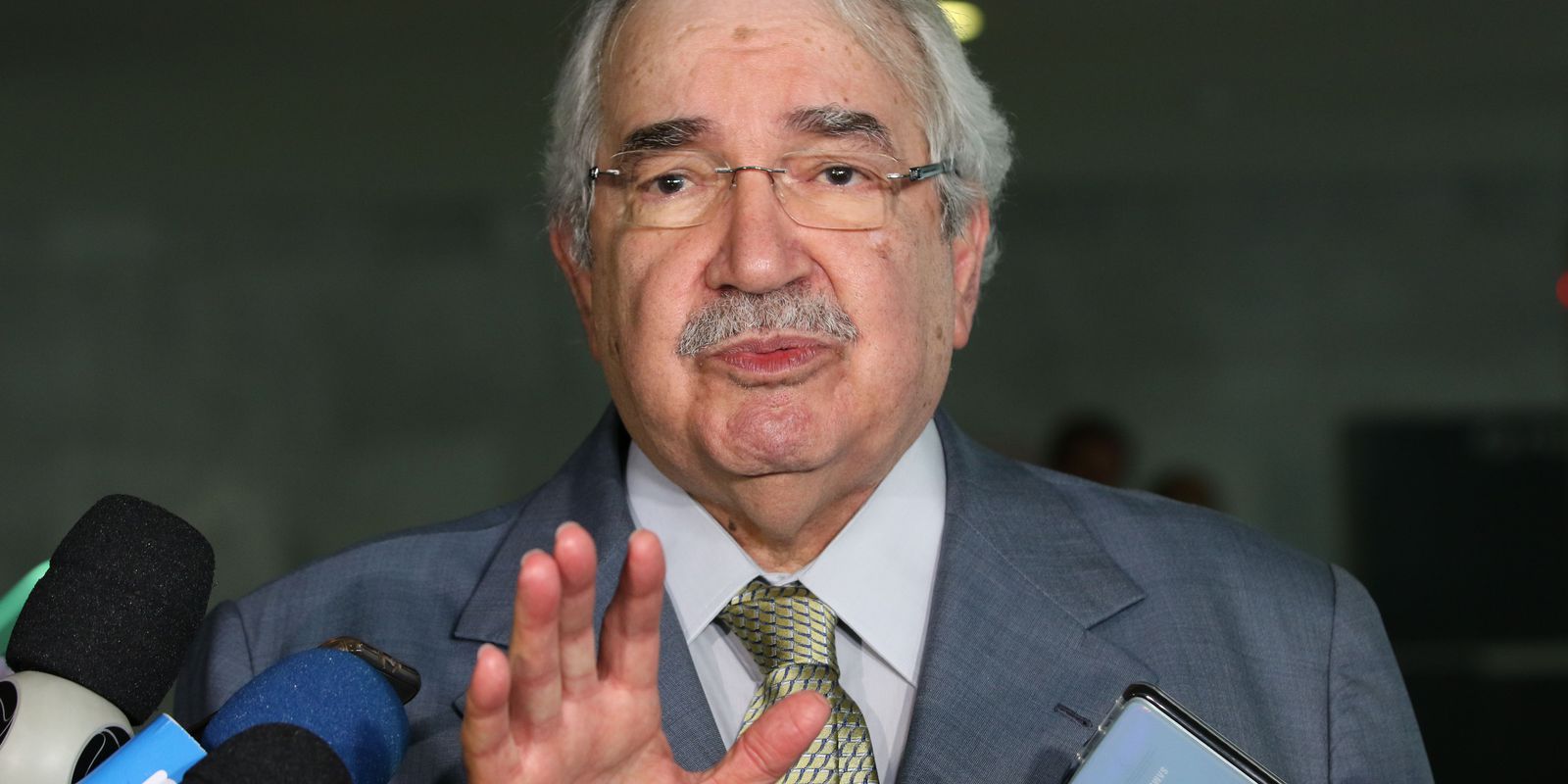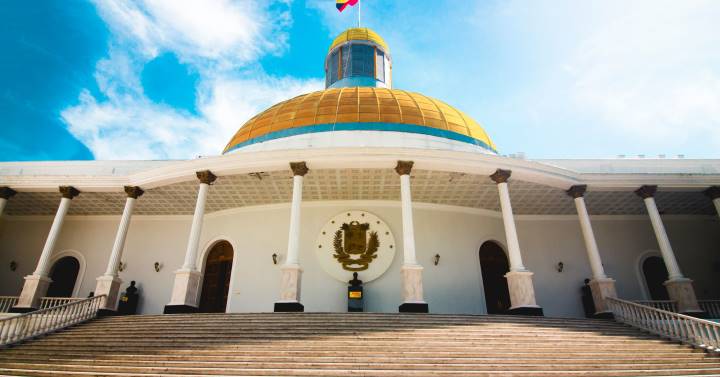The president of the Superior Labor Court (TST), Emmanoel Pereira, delivered today (6) to President Jair Bolsonaro, at Palácio do Planalto, the proposal for Brazil to ratify Convention 190 of the International Labor Organization (ILO). The convention includes measures against harassment and violence in the labor market. In March, court ministers approved a motion in support of the rule.
“The president is going to study our request, for Brazil to be a signatory to Convention 190. He will forward our motion to Organs competent bodies, such as the Ministry of Justice and the Ministry of Foreign Affairs, so that, based on the results of these studies, they can make a decision. But he said that he is very sensitive to the proposal approved by the Superior Labor Court,” Pereira told journalists after the meeting with Bolsonaro.
Convention 190 is the first international treaty that sets legal standards on violence and harassment in the world of work, including gender-based violence and sexual harassment. Issues that integrate less addressed forms of abuse, such as organizational harassment, are also addressed. According to the ILO, violence and harassment at work can take many forms and cause physical, psychological, sexual and economic harm to victims.
The rule establishes that the prohibition of violence and harassment must be included in law in the signatory countries. It also highlights the need for companies to develop training, in addition to having tools to identify abuses, leading to the development of internal actions to transform the work environment into a healthier space.
The Convention on the Elimination of Violence and Harassment in the World of Work, as Convention 190 is called, was adopted at the International Conference in June 2019, and entered into force a year later, in June 2021. About 10 countries have already ratified the text, incorporating the convention into national legislation. The governments of signatory countries are responsible for monitoring, offering legal support to victims, providing for sanctions and stimulating social awareness on the subject, informed the TST.
In Brazil, the federal government is responsible for initiating the process of internalizing the convention. After analysis by Organs competent bodies, the convention is then sent by the Executive Branch to the National Congress, to be ratified. There is no deadline for this to happen.

















